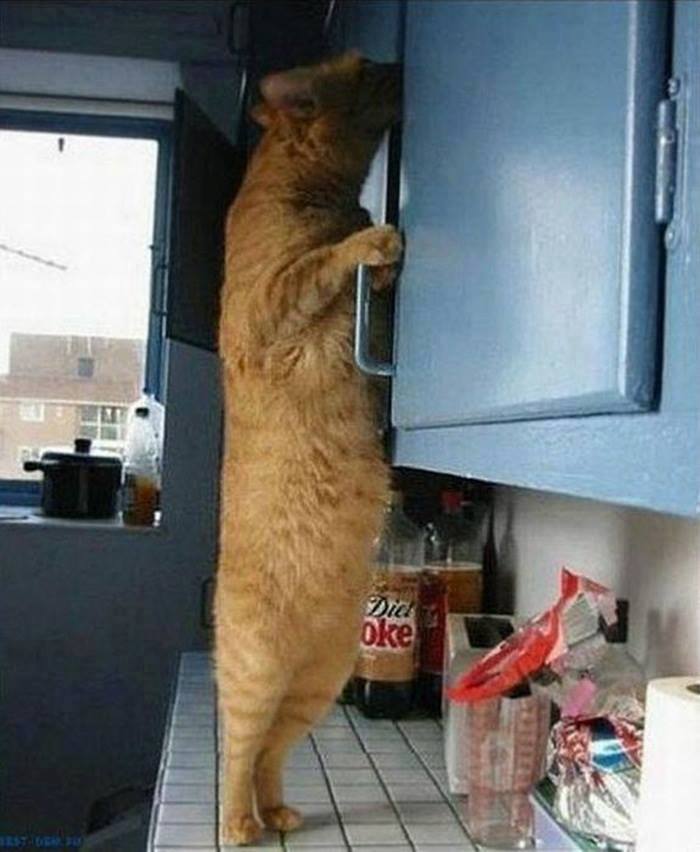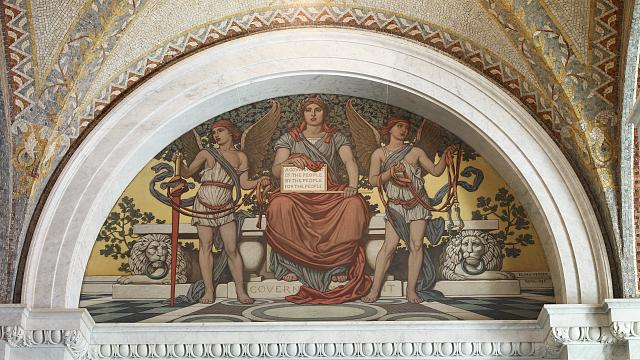Business
THE DISMAL SCIENCE | Venezuela Can’t Feed Its Cats
|
Long lines and empty shelves plague Venezuela’s grocery stores as its economic crisis shows no signs of stopping. Pets are also feeling the effects of the prolonged food shortages as residents are struggling to spare a single morsel, according to a report by CBS. The South American nation traditionally relies on foreign goods to stock its stores, but imports are down 40% from last year, according to a report by NPR. The reason for such a sharp cut is simple: the government is running out of money. It is easy to blame the problem on a worldwide slump in oil prices.

